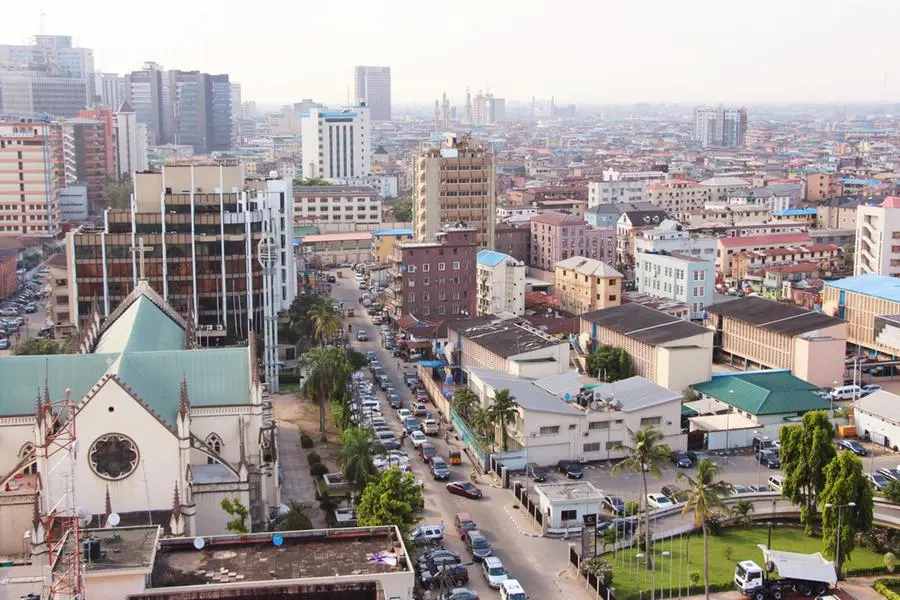It has been disclosed that the Nigerian government has authorized a $652 million funding agreement from the Export-Import Bank of China to support the construction of a major transport corridor. The funding, which had been approved during a meeting of the Federal Executive Council presided over by President Bola Tinubu, was said to be earmarked for a road project intended to connect critical industrial infrastructure in Lagos to a broader network of southern states. This announcement was made public through a statement issued by the Minister of Public Works, David Umahi.
The proposed road, it was explained, would serve as a primary evacuation corridor for goods originating from the Lekki Deep Sea Port, the Dangote Petroleum Refinery, and the adjoining fertilizer plant. The refinery, recognized as Africa’s largest with a capacity to process up to 650,000 barrels of crude oil per day, had been positioned as a linchpin in Nigeria’s strategy to become a regional hub for refined petroleum products. The newly financed transport infrastructure was expected to enhance logistical efficiency by ensuring that products could be moved seamlessly from these industrial zones to markets across at least a dozen states in southern Nigeria.
This initiative was considered a crucial component of Nigeria’s long-term economic development agenda, which has focused heavily on infrastructure as a vehicle for industrial growth and regional integration. By improving transport linkages from coastal industrial facilities to inland markets, it was believed that trade volumes, employment opportunities, and private sector investment could be substantially increased. The new road, once completed, was anticipated to ease existing bottlenecks and lower transport costs for both goods and services, thereby boosting the competitiveness of Nigeria’s manufacturing and export sectors.
It was also emphasized that this project formed part of a broader pattern of Chinese financial involvement in Nigeria’s infrastructure drive. Over the past decade, China had become a dominant bilateral financier in the West African nation, providing billions of dollars in concessional loans for the construction of power plants, rail networks, and highways. This sustained engagement was viewed as a reflection of Beijing’s strategic interest in supporting infrastructure-led development across Africa, while simultaneously creating long-term commercial ties with resource-rich economies like Nigeria.
Data provided by the Debt Management Office indicated that Nigeria’s outstanding debt to China had surpassed \$5 billion, making the Asian economic giant the country’s largest bilateral creditor. While questions had occasionally been raised in public discourse regarding the sustainability and terms of this debt, government officials have consistently defended the partnership by emphasizing the tangible outcomes in infrastructure delivery and national development.
In the case of the Lekki corridor project, it was explained that the road would not only serve freight and industrial movement but also improve regional mobility and access to economic opportunities for millions of Nigerians residing in the South. The corridor was expected to support emerging urban centers surrounding Lagos, which had witnessed rapid population and economic growth in recent years. Once operational, the corridor would help decongest traffic around the Lekki axis and facilitate smoother logistics to and from the deep sea port and refinery complex.
Officials also suggested that the financing model utilized for this project could become a template for future collaboration, particularly in sectors that require large-scale capital investment but promise significant long-term returns. Although the specific repayment terms and conditions of the loan were not detailed in the announcement, it was understood that they would be structured within Nigeria’s existing debt management framework to ensure fiscal responsibility.
The approval of this funding package was therefore viewed as both a strategic and symbolic development, signaling the government’s intention to prioritize infrastructure despite prevailing economic challenges. Analysts have noted that improving physical connectivity between major production and consumption centers is essential for Nigeria to diversify its economy beyond crude oil and to unlock the potential of its large domestic market.
With construction expected to commence following final disbursement and contractor mobilization, attention was now being directed toward project implementation, accountability, and timely delivery. Stakeholders were expected to monitor progress closely to ensure that the benefits of the initiative are realized as planned. Meanwhile, the collaboration with China continued to illustrate how global financing partnerships were being leveraged by African countries to address their infrastructure deficits and lay the groundwork for more inclusive economic growth.












